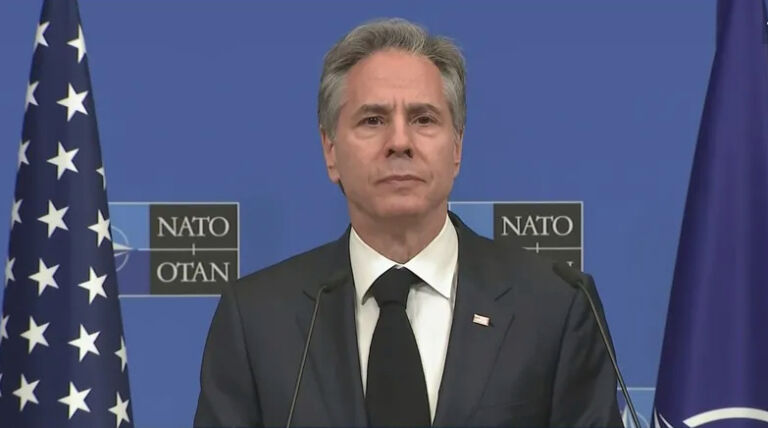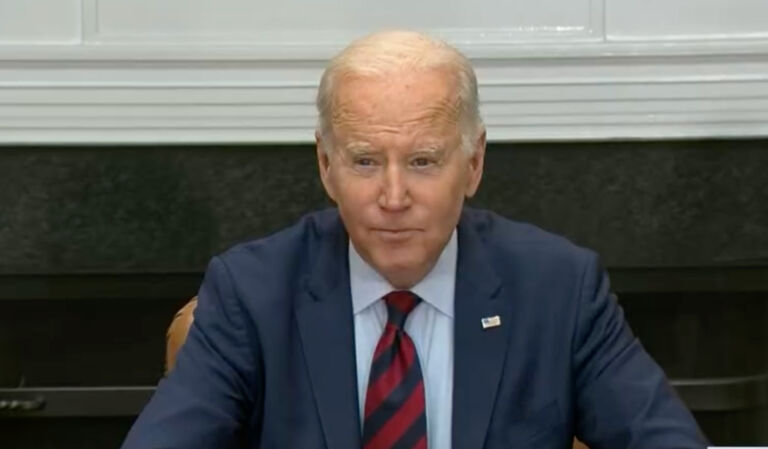Jack Butler writes for National Review Online about a significant problem plaguing elements of the American leadership class. Too many of the nation’s would-be leaders look to the east and see nothing but positive signs. Butler reminds us that “China envy” leads to bad ideas.
There is a disturbing tendency among some American elites to envy the Chinese government. Some on the left admire its top-down approaches to Covid or the environment. Some on the right salivate over its state-driven industrial policy or its social cohesion. All of them ignore mounting evidence that the Chinese model of governance has serious problems. Its extended kinship networks are fraying. Its population is aging and shrinking.
And now, its vaunted economic stewardship is increasingly questionable. Writing for the American Institute for Economic Research, National Review contributor Samuel Gregg surveys the damage: misallocation of capital; systemic corruption; “massive failures in areas like semiconductors, 3G mobile technologies, domestic aircraft, and automotive manufacturing” promoted by state investment; declining foreign inbound direct investment; a deteriorating environment for foreign businesses; and more. Things are getting bad enough that the government has simply stopped releasing key statistics, such as its youth-unemployment rate.
Gregg cautions that it is “far too early to tell” whether these trends portend an imminent, Japan-style “Lost Decade” for China. But he argues that they do “indicate that American policymakers — whether their focus is national security or trade — should recalibrate their approach to Beijing and avoid getting locked into a narrative which assumes that China is an unstoppable economic colossus,” as “the evidence suggests it’s not.” As I’ve written before, contra elite fantasies, Americans will solve the (many) challenges we face by “hewing to what is best about our national character,” not “by fawning over a totalitarian society that is succumbing to a decadence all its own.”


